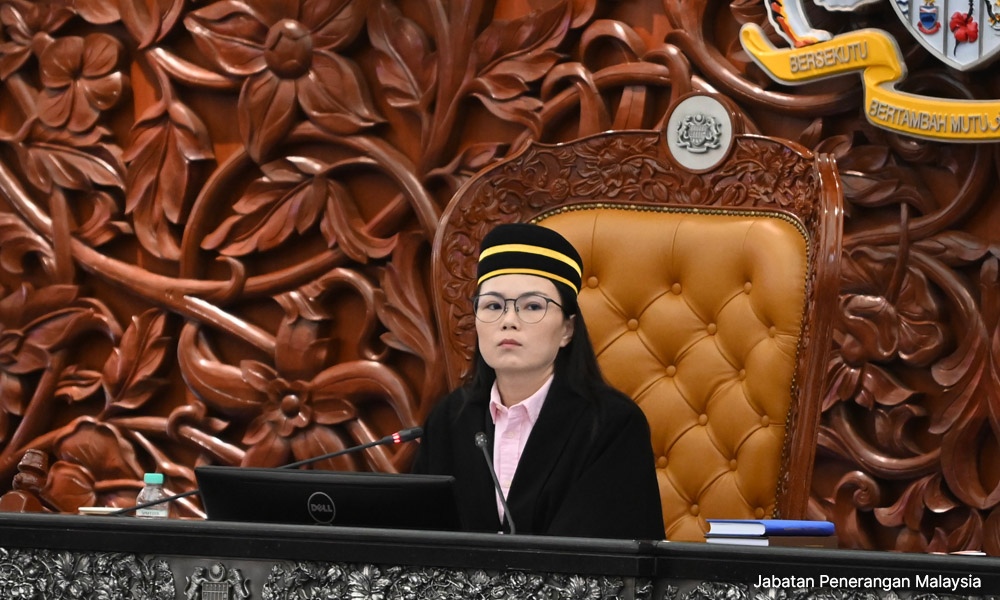Parliamentarians can file a motion to the Speaker’s Office against Ismail Abd Muttalib if they deem the PAS MP’s questions in the August House seditious, said Deputy Dewan Rakyat Speaker Alice Lau.
This comes after DAP leader P Ramasamy said Ismail could be charged under the Sedition Act for his incendiary written parliamentary questions.
“So far, I haven’t heard of MPs submitting motions (on this matter).
“It means there are no issues on the Parliament’s end.
“I don’t think it’s for the Parliament to decide whether (Ismail) can be charged (under the Act) or not. Not our power to decide,” Lau told Malaysiakini yesterday.
Article 63(2) of the Federal Constitution states that lawmakers will not be liable to proceedings in court for anything said or any vote given by them in proceedings of either House of Parliament or any committee thereof.
However, Article 63(4) countermands this for offences involving the Sedition Act 1948 and laws enacted under Article 10(4) that protect the national language, bumiputera quotas and the Malay rulers.
On Wednesday, Malaysiakini reported that Ismail (above) had submitted a parliamentary question asking the government to justify its rationale for “recognising” citizens born after independence regardless of “skin colour”.
The Maran MP had also asked why Chinese new villages were still being maintained and whether communism still exists in those places.
While he had not named Penang in his parliamentary question on why a “state government” had issued a ban to all mosques in the state to lower the volume of the call for prayers (azan), it appeared to be a clear reference to DAP-led Penang, which since 2011 has dealt with misinformation on the matter.
The ban is on the use of loudspeakers for the recital of Quranic verses before dawn prayers, not on the call to prayers - and had received support from PAS at the time.
Question vetting process
Lau explained the vetting process of parliamentary questions - which begins with MPs submitting their queries to the Dewan Rakyat secretary.

This is followed by the Dewan Rakyat secretary meeting with the ministries to send questions addressed to them, she said.
“If there are any questions that go against the Standing Orders (of the Dewan Rakyat), the ministries will alert Parliament.
“The secretary will then inform the speaker of those questions and the speaker will decide to reject or maintain them,” she added.
Lau said in Ismail’s case, the ministries involved did not flag his questions for the speaker to consider.
“Even the ministries have already given their written replies.
“To them, it’s nothing sensitive, I guess, so they allowed the questions to be asked and answered.”
Recollecting the times her questions as a parliamentarian were previously rejected, the Sarawak DAP deputy chairperson said the Speaker’s Office will provide a reason behind the move, citing the law. - Mkini



No comments:
Post a Comment
Note: Only a member of this blog may post a comment.